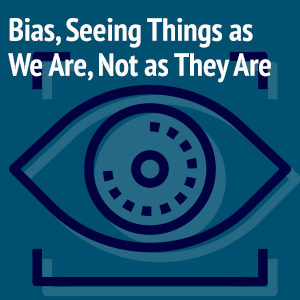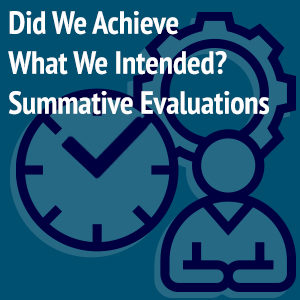
Philanthropy, most of us presume, is a good thing. Philanthropic foundations seek to make the world a better place. In the US, philanthropic foundations have played an important role in funding, designing and “testing” a variety of programs and initiatives that seek to solve the most intransigent social problems of American society, from homelessness and education reform, to health care and access to the arts. As of 2015, there were over 86,000 foundations in the US alone, with total assets of $890,061,214,247. (See http://data.foundationcenter.org/ )
In their recent article, “The Trouble with Charitable Billionaires,” in the May 28, 2018, Guardian, Carl Rhodes and Peter Bloom argue that although philanthropy appears to be a socially valuable activity, the recent emergence of “philanthrocapitalism” such as that conducted by Mark Zukerberg and his wife, Priscilla Chan, Warren Buffet, Bill and Melinda Gates, and others, in fact, shifts decision-making power about social change from the public to a stratum of wealthy donors, whose vision for social change is not always innocent or desirable. “Essentially, what we are witnessing is the transfer of responsibility for public goods and services from democratic institutions to the wealthy, to be administered by an executive class.”
Rhodes and Bloom write that, since the 1990s, there has emerged a cohort of billionaires who appear genuinely committed to addressing persistent and seemingly intractable social problems, and who are now investing literally billions of dollars in efforts to tackle these problems. They note that it would seem that many of the world’s richest people simply want to give their money away to good causes, and have thus created a “golden age of philanthropy.” The authors, however, caution that “The golden age of philanthropy is not just about benefits that accrue to individual givers. More broadly, such philanthropy serves to legitimize capitalism, as well as to extend it further and further into all domains of social, cultural and political activity.” Furthermore, “Philanthrocapitalism” they say, “takes the application of management discourses and practices from business corporations and adapts them to charitable work. The focus is on entrepreneurship, market-based approaches and performance metrics…(and these) result, at a practical level, in a philanthropy that is undertaken by CEOs in a manner similar to how they run businesses.”
Rhodes and Bloom problematize this new era of corporate social responsibility and philanthrocapitalism. “Philanthrocapitalism is commonly presented as the social justice component of an otherwise amoral global free market. At best, corporate charity is a type of voluntary tax paid by the 1% for their role in creating such an economically deprived and unequal world.” Additionally, “Philanthrocapitalism is about much more than the simple act of generosity it pretends to be, instead involving the inculcation of neoliberal values personified by the billionaire CEOs who have led its charge. Philanthropy is recast in the same terms in which a CEO would consider a business venture. Charitable giving is translated into a business model that employs market-based solutions characterized by efficiency and quantified costs and benefits. Ultimately, the authors contend, “…we find a new form of corporate rule, refashioning another dimension of human endeavor (i.e. philanthropy) in its own interests. Such is a society where CEOs are no longer content to do business; they must control public goods as well. In the end, while the Giving Pledge’s website (a philanthropy campaign initiated by Warren Buffett and Bill Gates in 2010 which targets billionaires around the world, encouraging them to give away the majority of their wealth) may feature more and more smiling faces of smug-looking CEOs, the real story is of a world characterized by gross inequality that is getting worse year by year.”
Essentially Rhodes and Bloom question the influence of private fortunes on public issues. While foundations may have the best of intentions, they mobilize private money to address privately defined public issues. This is hardly a new development. Rhodes and Bloom however, question whether the more recent importation of business methods, measures, and beliefs are either the best, or the most democratic, way to address deep systemic issues. Their view is that for the many “wounds” experienced by contemporary society, philanthrocapitalism may be merely a self-serving “band-aid.”
Resources
“The Trouble with Charitable Billionaires,” Carl Rhodes and Peter Bloom, The Guardian
“How Liberal Nonprofits Are Failing Those They’re Supposed to Protect,” William C. Anderson, Verso Blog, October 6, 2017
American Foundations: Roles and Contributions, by Helmut K. Anheier (Editor), David C. Hammack (Editor), The Brookings Institution, 2010
The Self-Help Myth: How Philanthropy Fails to Alleviate Poverty, Erica Kohl-Arenas, University of California Press, 2016


